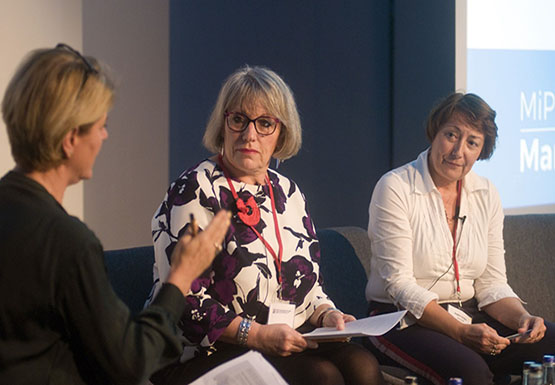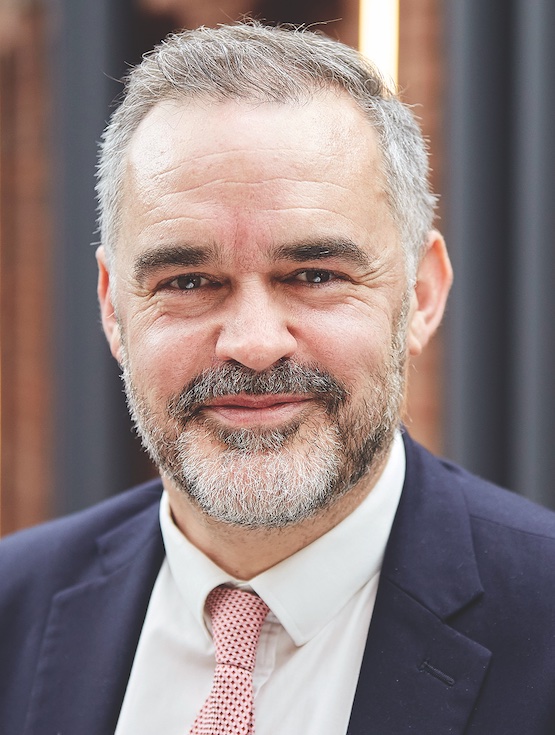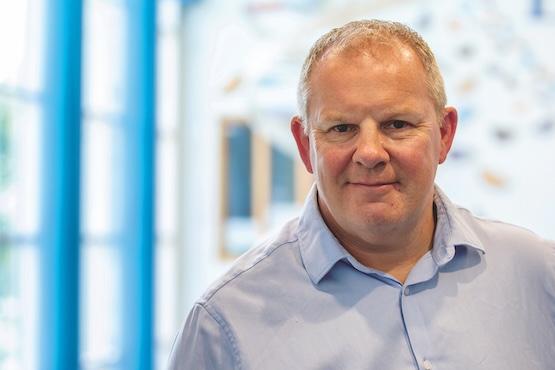Summit 2018: “Incentives and drivers are in the wrong place”, top managers warn

Two women NHS leaders warned that the NHS needs to give better support to senior managers and develop leadership teams that better represent the populations they serve in a conversation session with Channel 4 health correspondent Victoria Macdonald at the MiP Members’ Summit.
Lisa Rodrigues , a mental health campaigner and former chief executive of Sussex Partnership Foundation Trust, and Sophia Christie , system lead for Devon’s Sustainability and Transformation Partnership, talked about their careers and the prospects for NHS management before answering questions from delegates.
Both Rodrigues and Christie described the difficulties facing women in being taken seriously as senior managers. Rodrigues said she believed that, as a society, “we’re tougher on women generally, because when women show signs of human nature, people say, ‘we know she wouldn’t be able to cope’.” Christie agreed: “An assertive woman is considered difficult, but assertive men are taken for granted,” she said. “There are clear gender assumptions.”
Rodrigues pointed out that women and BME people are often better represented in senior positions within mental health organisations – that an often-overlooked aspect of the lack of parity of esteem for mental health services is that the most under-funded NHS organisations are the ones that are more representative of the population. “Until the NHS reflects women and BME people it won’t be right,” she warned.
Discussing her recent book, Being an NHS Chief Executive , which recounts her experiences as leader of the Sussex Partnership trust, Rodrigues described the role of an NHS chief executive as a “lonely job” and warned that the “incentives and drivers are in the wrong place”.
Christie described her experiences at the start of her NHS career, when she worked as a part of a multi-organisational team, including a nurse, a social worker and a housing worker, and explained that she has spent the rest of her career trying to incorporate that complexity into her work in the belief that “it produces better outcomes for patients”.
Despite the dire findings of a recent MiP survey that fewer than 50% of members would recommend a career as an NHS manager to their family or friends, both women emphasised that being an NHS manager was an important and rewarding career. “We’ve survived this long,” said Christie, “and there’s all to play for.”
|
MiP Chief Executive Jon Restell responds to Health Secretary’s package of NHS reforms.
15 November 2024
| By Jon Restell
News
|
|||||
|
The new government has an ambitious ten-year plan to transform the NHS by shifting care closer to home and tackling the UK’s poor record on public health and prevention. But with multiple short-term challenges and little money to spend, ministers will need more than goodwill and good intentions if they’re to turn those ambitions into reality.
15 October 2024
| By Sarah Woolnough
Analysis & opinion
|
|||||
|
Agenda for Change, introduced 20 years ago, was supposed to put an end to inconsistency and unfairness in how NHS staff are paid. But staff shortages and tight budgets mean many staff are now graded below the level of the work they’re doing. It’s time to modernise the system, says Rhys McKenzie.
07 October 2024
| By Rhys McKenzie
Feature
|
|||||
|
Steve McManus’s work developing the leaders and managers the NHS needs for the 21st century has caught the eye of national leaders. The Royal Berkshire trust chief executive talks to Matt Ross about transforming services, developing leaders and the right way to regulate the management profession.
24 September 2024
| By Matt Ross
Interview
|
|||||
|
MiP has welcomed moves to speed up pay progression for Band 8 and 9 managers and tackle long-standing problems with the Agenda for Change pay system that deter staff from seeking promotion.
23 September 2024
| By MiP
News
|
|||||
|
Special Report: People in public-facing jobs are being confronted by more violence and abuse at work, and the NHS is at the sharp end. Existing policies are failing – we need a more co-ordinated and energetic approach to tackle the root causes and protect the staff who care for others.
18 September 2024
| By Craig Ryan
Feature
|
|||||
|
MiP has welcomed a 5% pay rise for very senior and executive senior managers in the NHS in England, after the UK government accepted the latest recommendations from the Senior Salaries Review Body (SSRB).
09 September 2024
| By MiP
News
|
|||||
|
MiP has welcomed the 5.5% pay rise for NHS staff on Agenda for Change as “a notable shift” and a “good starting point” for future negotiations.
04 September 2024
| By MiP
News
|
|||||
|
Reflecting on our own assumptions and behaviour is the first step towards inclusive leadership, writes Ramima Khanam. By putting ourselves in other people’s shoes and learning from conversations we can help to create more inclusive and productive workplaces.
18 July 2024
| By Ramima Khanam
Feature
|
|||||
|
Being made redundant or looking for work in later life can be an unsettling experience. Lucy Standing, co-founder of older workers support network Brave Starts, gives her tips on how to explore your options and boost your chances of finding the job you want.
12 July 2024
| By Lucy Standing
Tipster
|
|||||
|
Related News
-

MiP responds to the abolition of NHS England
Government risk repeating same mistakes as Lansley by abolishing NHS England and cutting more staff from ICBs, says MiP.
-

NHS England and central staff could be cut by 50%, NHSE has announced
Government planned cuts at NHS England go much further than previously announced, with up to 50% of staff at risk.
-

New MiP survey shows growing support for principle of regulating managers, but warns it won’t improve patient safety
MiP’s member survey on regulating NHS managers shows managers are still not convinced regulation will improve patient safety or raise standards, despite growing support for it in principle.









